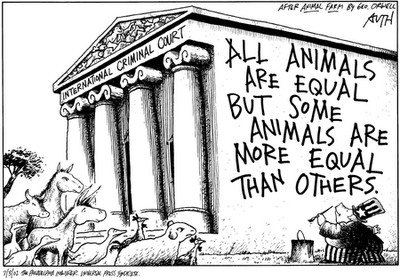A book I have recently read
is “Death of a Salesman” by Arthur Miller. This novel, written in the 1940s, is
separated into two acts and a requiem. The main character is an old salesman
called Willy Loman. As we progress into the book, we learn more about his
family background; his wife Linda, and two sons, Biff and Happy. Struggling
financially, Willy attempts suicide more than once leaving his wife in a
traumatic state where she ends up blaming her two sons for the unhappiness of
her husband. The Loman family seems to be breaking apart; Willy is not an extremely
popular man, Biff sees through his family’s lies and wants to be a better man than
his father, however, Happy’s father is his role model for the future. In the
final scene, Linda, sobbing, still under the delusion that her husband was a well-liked
salesman, wonders why no one came to his funeral.
The main themes portrayed in
this novel are Dreams, Hopes and Plans as oppose to Lies and Deceit. The image
of Willy is one of a dreamer. He dreams of material success and freedom. He is
utterly unable to distinguish his wild hopes from rational realities in the
present. Although Happy and Linda are also extremely optimistic, they are able
to maintain distinguish between hopes and reality.
On the other hand, the Lowman’s
are also extremely self-deceptive, blinding themselves from reality. Willy
convinces himself that he is well liked and successful and that his sons are
destined for greatness. Unable to cope with the reality, he abandos it,
stepping into his own vivid fantasy world, becoming suicidal. Linda and Happy
also have an illusion that their family are going to become a success. Biff is
the only character who sees from another perspective, recognizing that he and
his family members are consistently deceiving each other and he fights to
escape the constant cycle of family lies.
Personally, I found this book
incredibly interesting because of how different this family is amongst others.
Despite being fiction, everything seems incredibly realistic. I enjoyed how Miller
was able to contrast the deception of the family with the success in a perfect
manner.



